The Next Food Revolution: Fish Farming?
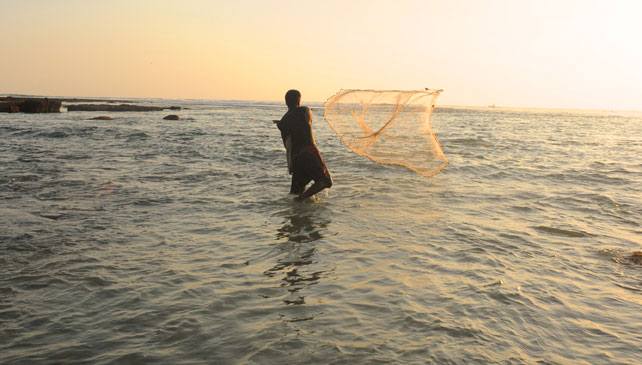
Farmed seafood exceeded global beef production for the first time in 2011 and now provides about half of all fish consumed by humans. Yet aquaculture comes with a host of problems, from pollution of coastal areas and ecosystems, to sanitary issues and diseases, to the major challenge facing aquaculture: the issue of fish feed.
US Curbs Arctic Offshore Oil and Gas Drilling
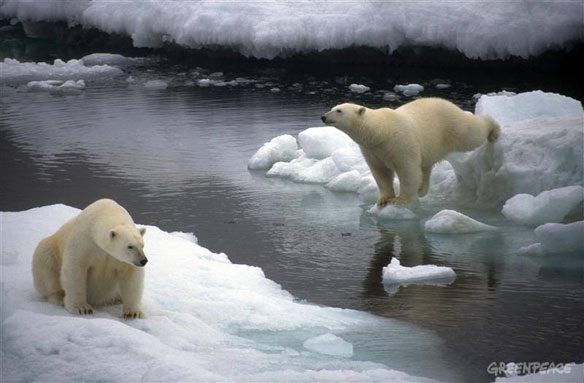
The US government has announced new curbs on oil and gas exploration in Arctic waters off Alaska’s northern coast.
Study: Polluted Runoff Reaches Beaches, NC
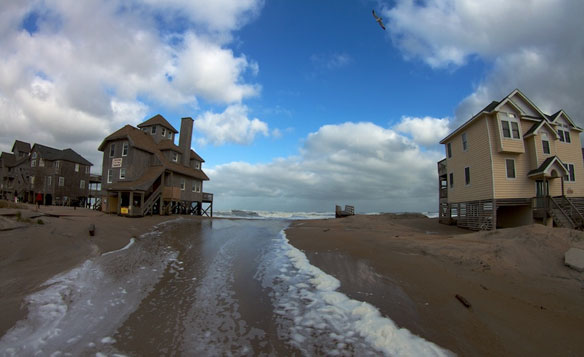
Septic tanks and bird droppings contribute to the stew of pollutants that pour into the ocean during and after storms on the Outer Banks, but measures to remediate the toxic flow could prove to be costly and difficult.
Aquaculture in Northeast China
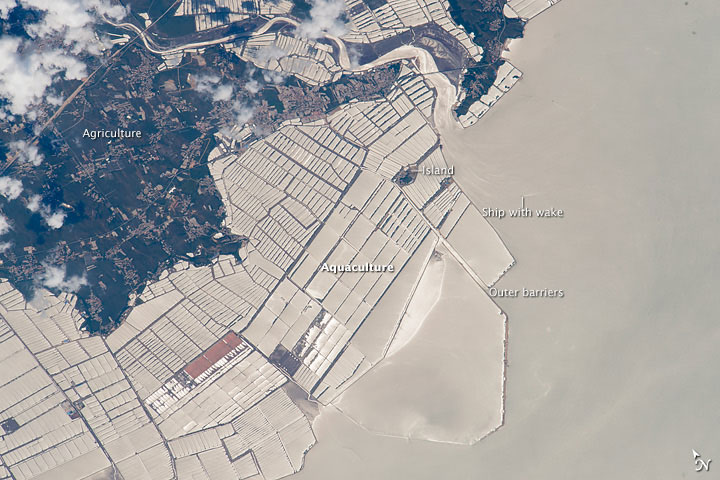
The aquaculture basins have been built out from the wooded coast to a distance of nearly 6 kilometers (4 miles). Fish farms have been constructed at many points along the provincial coastline, but this group of basins facing the Yellow Sea is the largest.
Plaguing Paradise
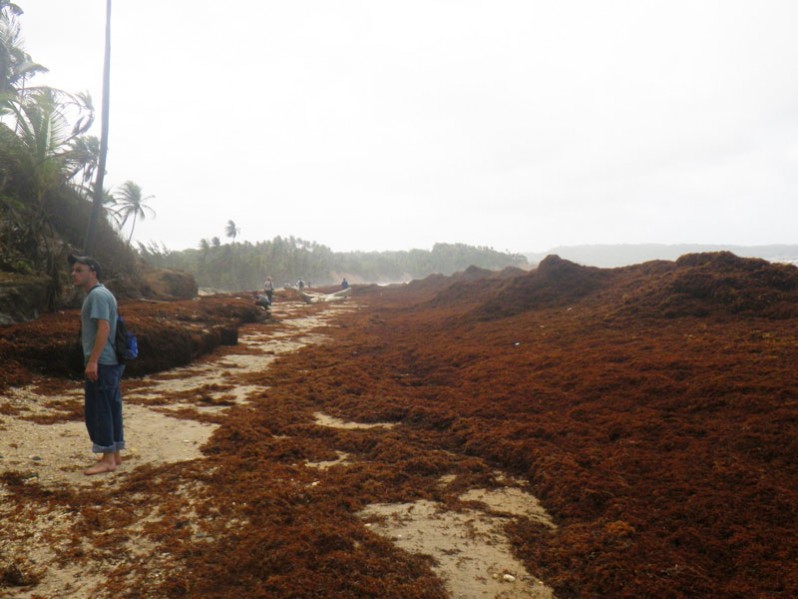
Smelly piles of seaweed are ruining holidays. Globs of sargassum seaweed have landed on Caribbean beaches this year, forming piles that are sometimes metres deep.
Staying Safe in Sandy Beaches
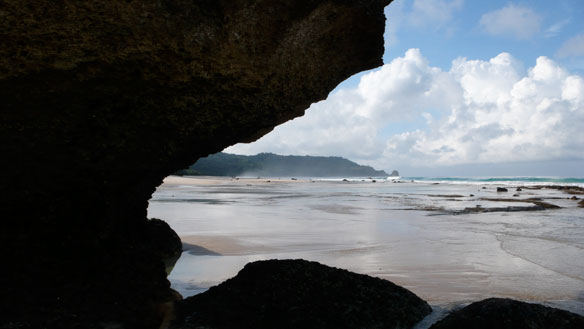
Beach sand contains all kinds of microorganisms, including those that can harm human health. Now, an international panel of scientists is recommending monitoring the sand at recreational beaches, to minimize health risks for beachgoers.
Blooming Baltic Sea

Agricultural and industrial run-off from European countries bordering the Baltic Sea also contributes excess nutrients. Nutrient loads to the Baltic have been decreasing since 1980 and coastal areas have seen improvement. Concentrations in the open sea, however, have not changed much.
More Beaches Closed Due To Pollution
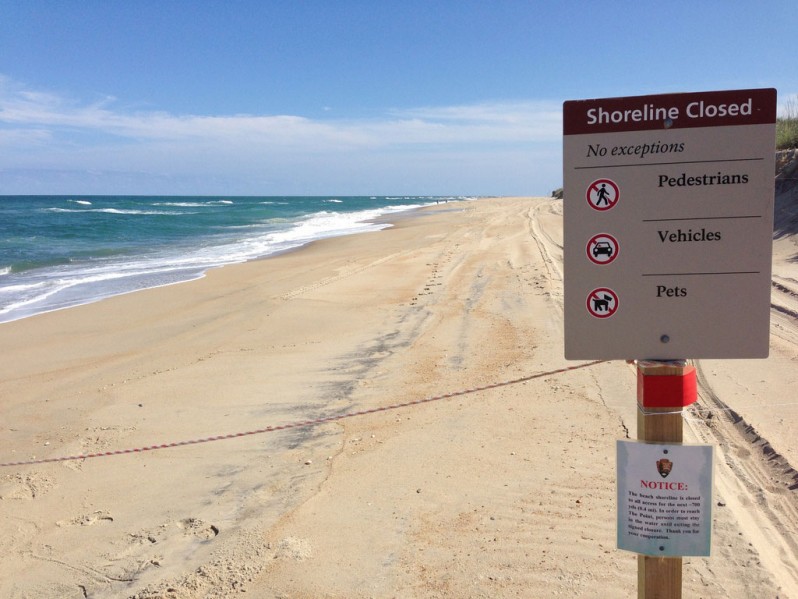
A newly released annual report by the Natural Resources Defense Council shows that beach closings due to bacterial contamination reached unusually high numbers last year for the second year in a row.
Stinking Mats of Seaweed Piling up on Caribbean Beaches

The picture-perfect beaches and turquoise waters that people expect on their visits to the Caribbean are increasingly being fouled by mats of decaying seaweed that attract biting sand fleas and smell like rotten eggs.
